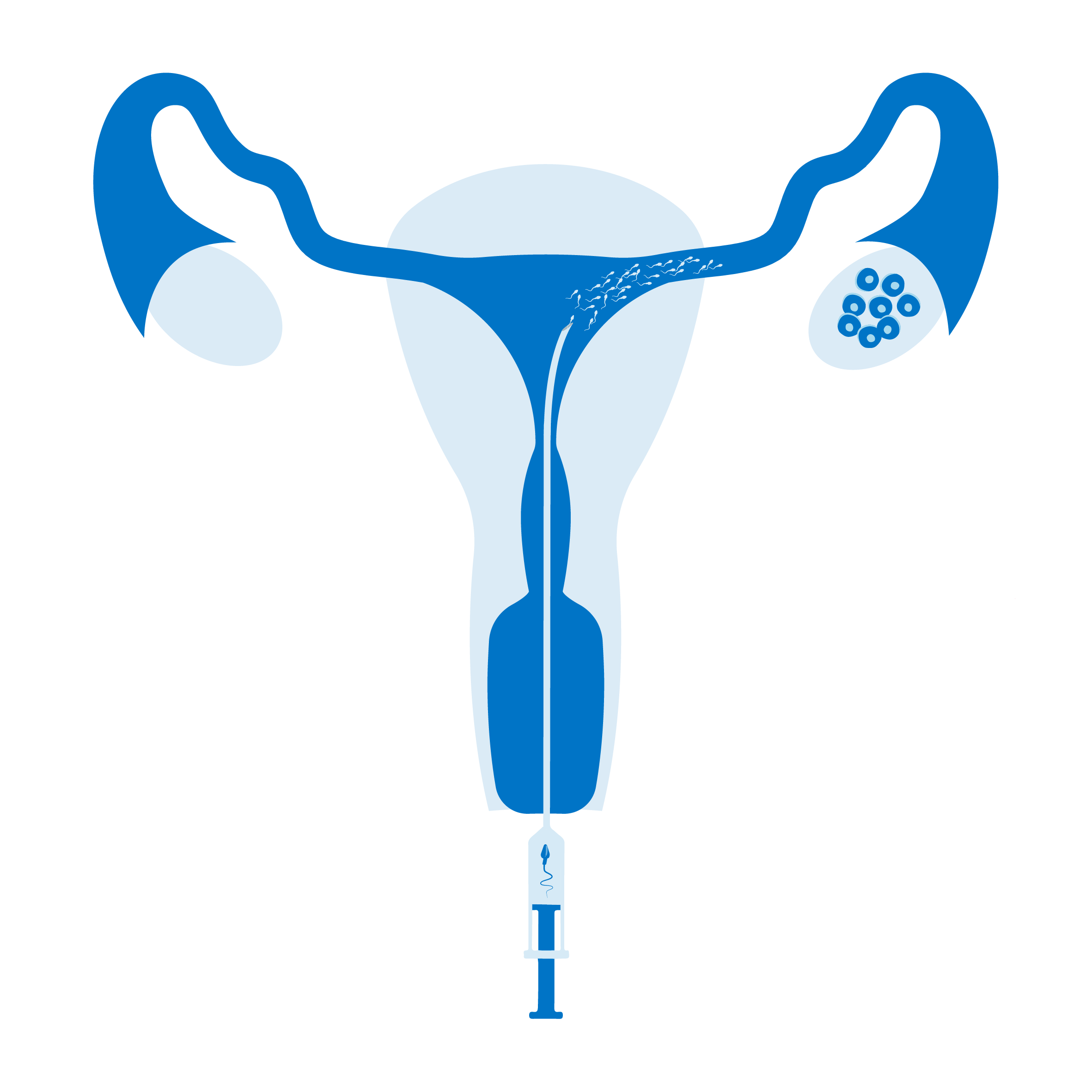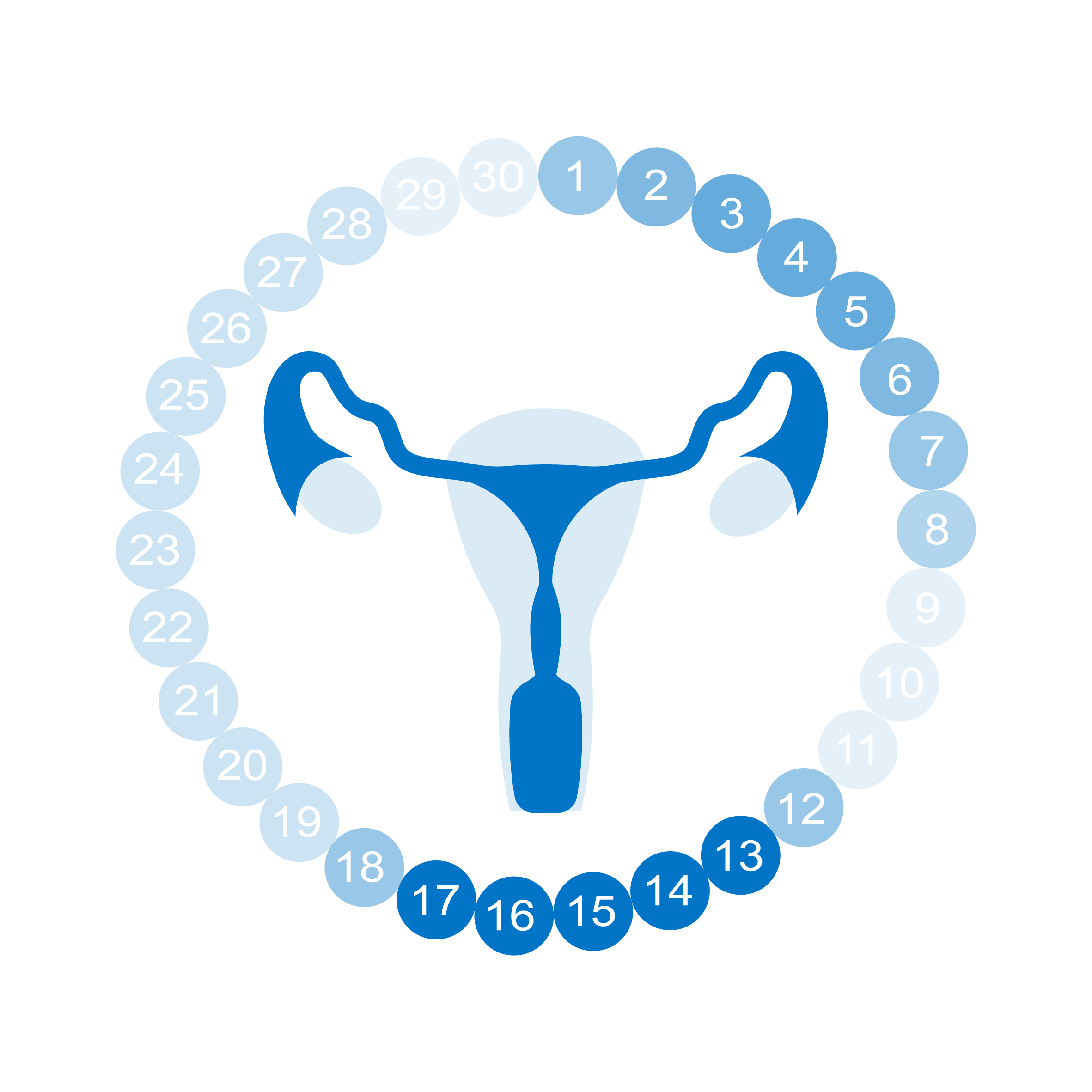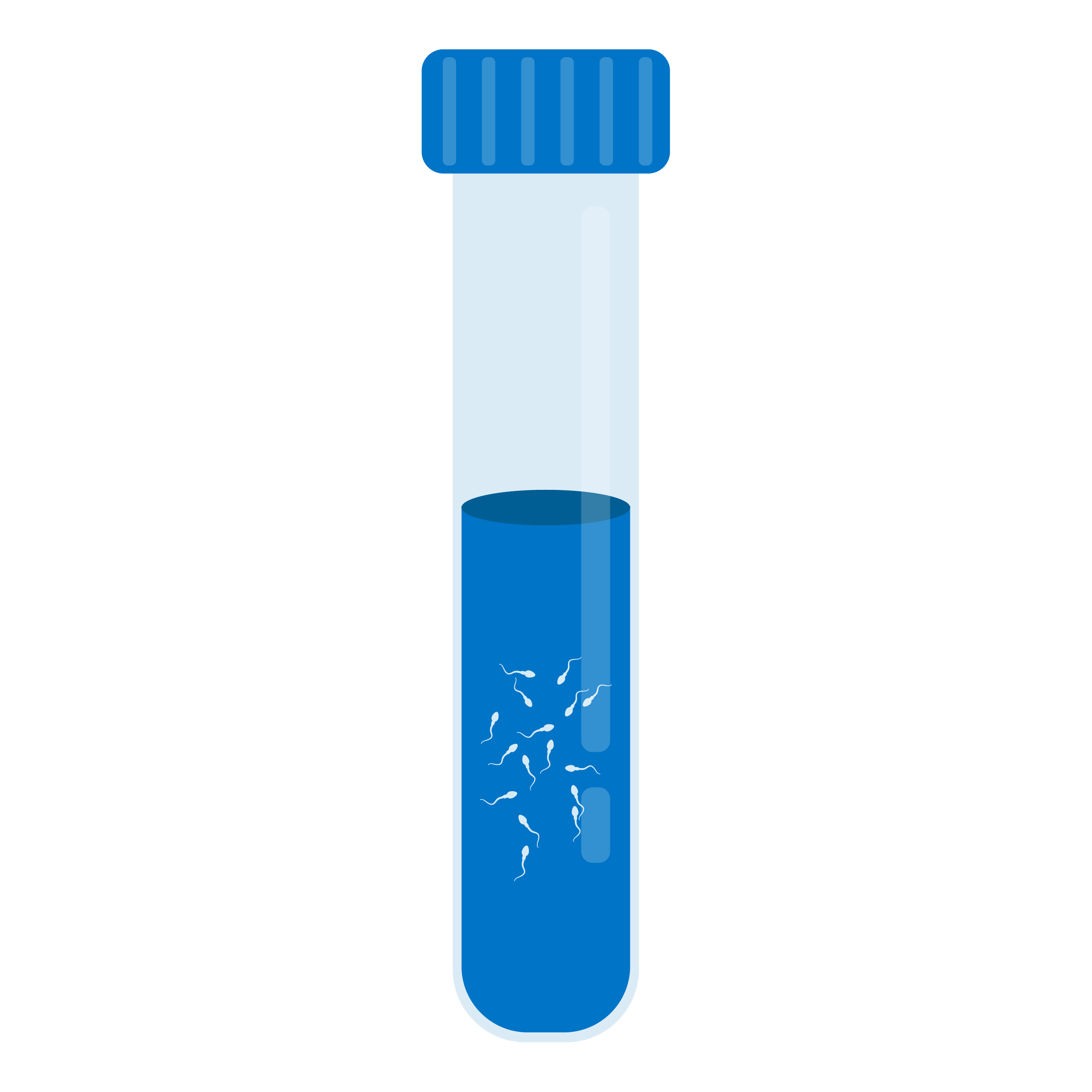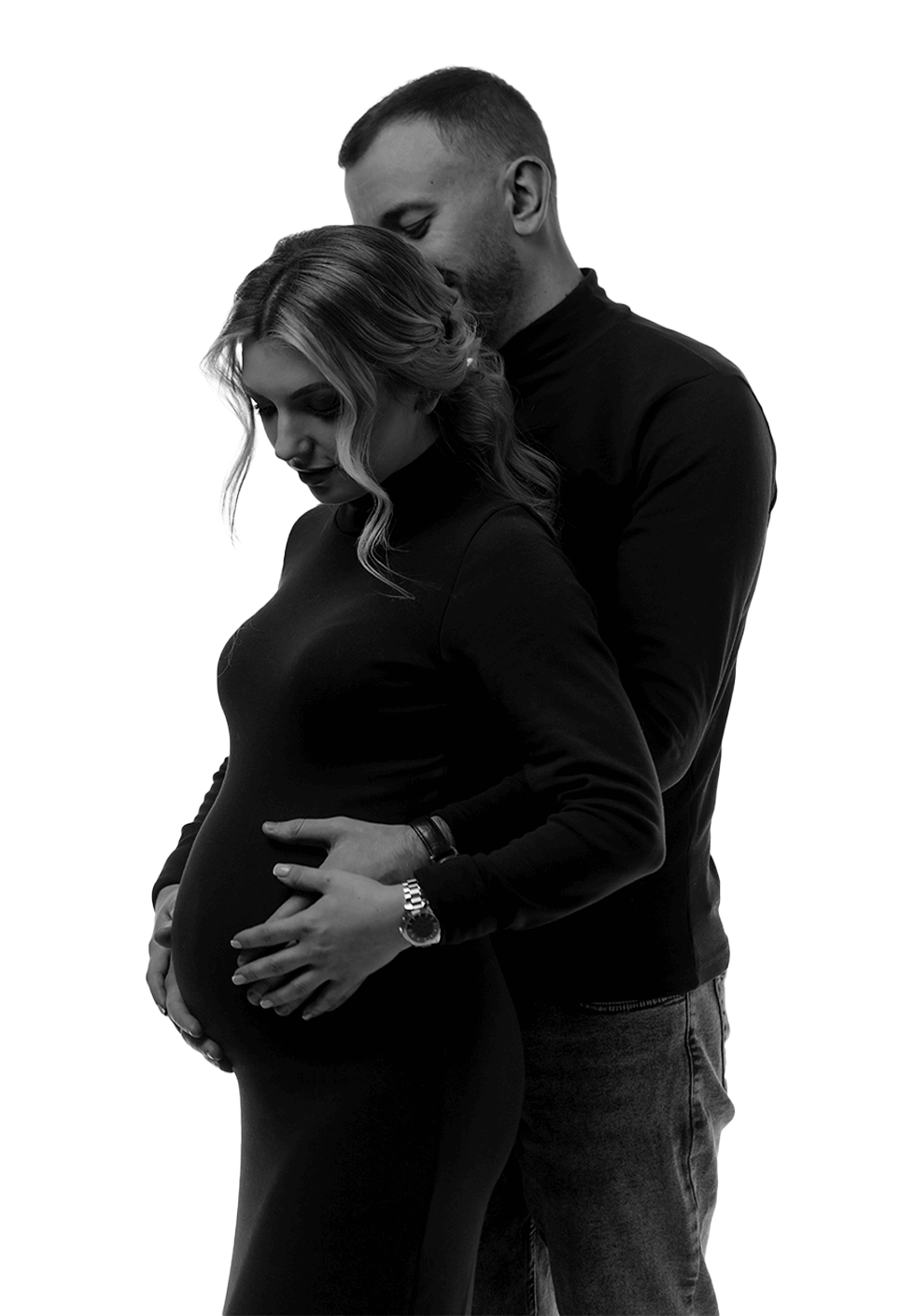
IUI
Natural IVF is a fertility treatment that closely mimics the natural menstrual cycle, focusing on retrieving the single egg that the body naturally produces each month, rather than stimulating the ovaries to produce multiple eggs as in conventional IVF. This approach minimizes the use of fertility medications, making the process more natural, less invasive, and often more affordable. Natural IVF is particularly appealing to women who prefer minimal medical intervention or those who may not respond well to fertility drugs.

A Step-by-Step Guide
At Procreate Fertility, we understand that your fertility journey is deeply personal and can be complex. That’s why we strive to make every step as clear and reassuring as possible. Intrauterine Insemination (IUI) is one of the most commonly used fertility treatments, offering many couples and individuals a pathway to parenthood. Here’s what you can expect from the IUI procedure at our clinic.

+ Cycle Tracking: Using ultrasound and hormone testing, we closely track your menstrual cycle to determine the optimal time for insemination.
+ Ovulation Induction (If Needed): In some cases, fertility medications may be prescribed to stimulate egg production and control the timing of ovulation.
Why It Matters: Precise timing ensures that insemination occurs when your body is most receptive.

+ Semen Collection: Your partner will provide a semen sample, or donor sperm will be used if necessary.
+ Sperm Washing: The semen sample is then processed in our laboratory to concentrate the healthiest, most motile sperm, removing any impurities.
Why It Matters: Sperm washing enhances the quality of the sample, increasing the chances of successful fertilization.

+ Intrauterine Insemination: The prepared sperm sample is inserted directly into your uterus using a thin, flexible catheter. The procedure is quick, typically painless, and takes just a few minutes.
+ Post-Procedure Rest: After the insemination, you may rest briefly in our clinic before continuing with your day.
Why It Matters: By placing the sperm closer to the egg, we increase the likelihood of fertilization.

+ Progesterone Support: We may prescribe progesterone supplements to support the uterine lining and facilitate embryo implantation.
+ Pregnancy Testing: Approximately two weeks after the procedure, you’ll return to our clinic for a pregnancy test.
Why It Matters: Close monitoring ensures that any potential issues are addressed promptly, giving your pregnancy the best possible start.
Intrauterine Insemination (IUI) is often recommended in the following cases:
Intrauterine Insemination (IUI) is often recommended in the following cases:

Success Rates
IUI success rates vary depending on several factors, including age, underlying fertility issues, and the use of fertility medications. On average, success rates range from 10-25% per cycle, with higher rates observed in younger women and those using ovulation-stimulating drugs.
Nationally, the average success rates for IUI are generally as follows:
For Women Under 35
For Women Aged 35-40
For Women Over 40
Why Choose Procreate Fertility?
At Procreate Fertility, we’re proud to be your trusted, nearby fertility clinic, with convenient locations in Chesapeake, Newport News, and Norfolk/Virginia Beach, ready to provide you with exceptional service. Whether you’re searching for an IUI center close to you or looking for budget-friendly options, our experienced team is here to support you every step of the way.
Get An Appointment
Your information is safe with us. We respect and protect your privacy. We will not rent, sell or share your personal information with outside companies for their promotional use. We will not distribute your personal information to outside parties without your consent.

Q&A
Ready to Take the Next Step?
Understanding your fertility health is the first step toward achieving your dream of parenthood. Let us provide you with the answers and guidance you need.

